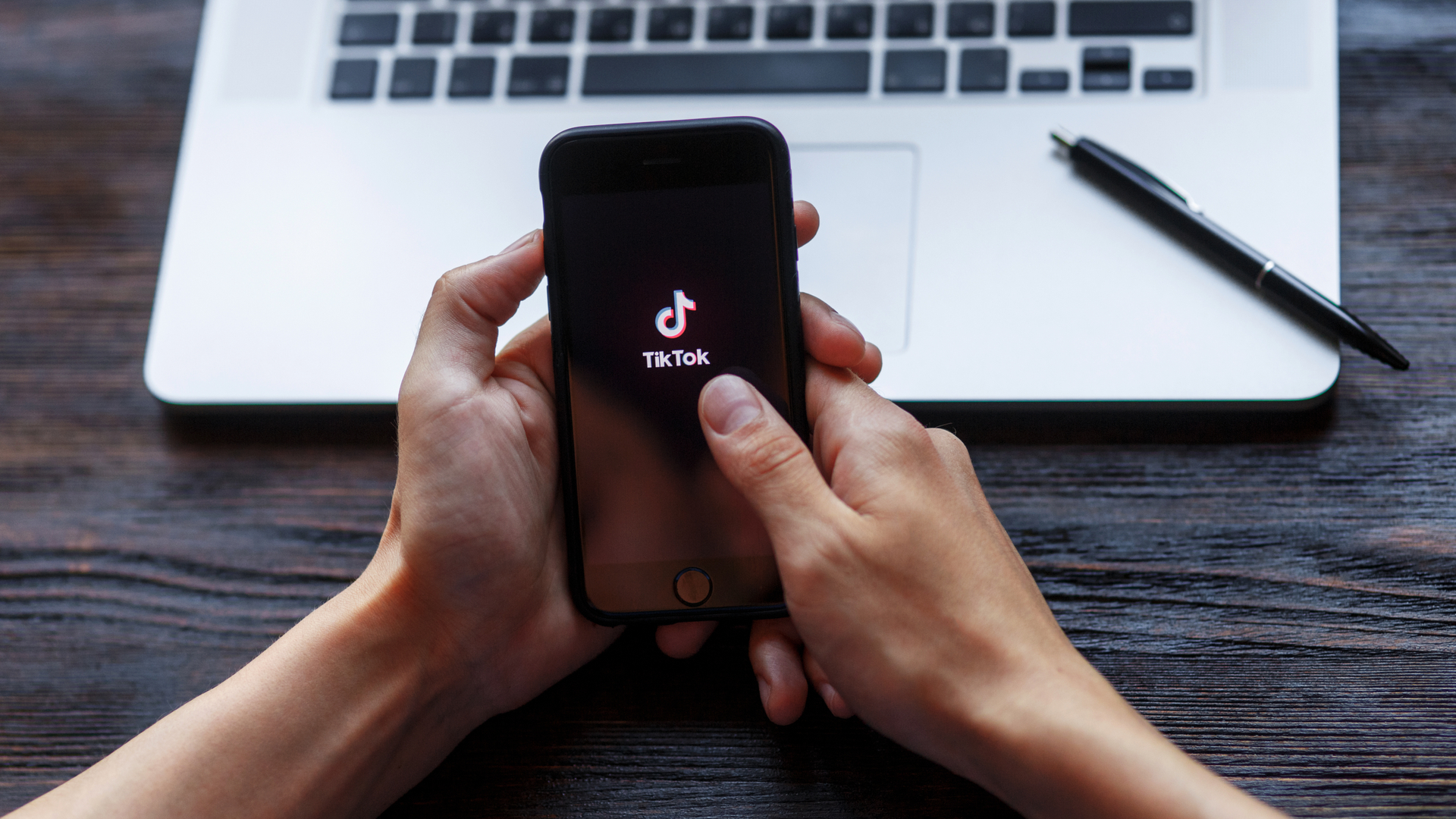Gates: Killing web access is easy
Talking about Egypt's internet blackout, Bill Gates says it's easy to cut off a country's connections.


It's not that difficult to shut the internet down completely, just as the Egyptian Government managed to do recently, according to Bill Gates.
The Microsoft founder was responding to a question from CBS News presenter Katie Couric, who asked whether he was surprised President Hosni Mubarak had been able to kill the internet.
"It's not that hard to shut the internet down if you have military power where you can tell people that's what's going to happen," Gates said.
"Whenever you do something extraordinary like that you're sort of showing people you're afraid of the truth getting out, so it's a very difficult tactic, but certainly it can be shut off."
Gates said with the coming of the internet age, nations have found it tricky to keep a hold on the dissemination of data.
"Really only North Korea has a situation where they can hide information," he added.
The internet appears to be back up and running in Egypt, following the complete blackout.
Get the ITPro daily newsletter
Sign up today and you will receive a free copy of our Future Focus 2025 report - the leading guidance on AI, cybersecurity and other IT challenges as per 700+ senior executives
Web traffic analysis firm Renesys said sites such as the Egyyptian Stock Exchange and Commercial International Bank of Egypt were accessible.
The Noor Group, one of the last main ISPs to go down in Egypt, was online as well.
BGPMon, a networking firm that monitors internet traffic routing, said it had seen signs of an internet resurrection in the country too.
"Egypt has been offline for 5 days, this is truly unprecedented in these modern days. It's been interesting to see how alternative ways of electronic communications have been used and how ad hoc internet connections have been made available," a blog post from the company read.
During the downtime, citizens were still given the chance to communicate with the outside world.
Google and Twitter joined up for a service allowing internet-deprived Egyptians to post messages on the micro-blogging site.
People could dial up international numbers, leave a voicemail and then their message would be delivered as a tweet.
Tom Brewster is currently an associate editor at Forbes and an award-winning journalist who covers cyber security, surveillance, and privacy. Starting his career at ITPro as a staff writer and working up to a senior staff writer role, Tom has been covering the tech industry for more than ten years and is considered one of the leading journalists in his specialism.
He is a proud alum of the University of Sheffield where he secured an undergraduate degree in English Literature before undertaking a certification from General Assembly in web development.
-
 Should AI PCs be part of your next hardware refresh?
Should AI PCs be part of your next hardware refresh?AI PCs are fast becoming a business staple and a surefire way to future-proof your business
By Bobby Hellard
-
 Westcon-Comstor and Vectra AI launch brace of new channel initiatives
Westcon-Comstor and Vectra AI launch brace of new channel initiativesNews Westcon-Comstor and Vectra AI have announced the launch of two new channel growth initiatives focused on the managed security service provider (MSSP) space and AWS Marketplace.
By Daniel Todd
-
 The role of ISPs in the connected world now and in the future
The role of ISPs in the connected world now and in the futureSupported Content The role of the ISP has grown precipitously as the world becomes increasingly reliant on staying connected, but they must now adapt to changing times…
By Solomon Klappholz
-
 TikTok to open first European data centre in Ireland
TikTok to open first European data centre in IrelandNews The move could signify a desire to shift its operations away from the US as well as secure its position in the European market
By Sabina Weston
-
MPs in a muddle over GDPR and storing voters' personal data
News Labour MP Chris Bryant says his staff were told to delete constituents' data
By Bobby Hellard
-
 ISPs forced to ditch 'misleading' broadband adverts
ISPs forced to ditch 'misleading' broadband advertsNews Speeds can only be advertised if they are available to 50% of customers
By Dale Walker
-
 TalkTalk branded worst broadband provider by Which?
TalkTalk branded worst broadband provider by Which?News Sky and BT both also fared badly in the company's twice-yearly survey
By Clare Hopping
-
 Trump resort will not be charged for breaching data laws
Trump resort will not be charged for breaching data lawsNews Presidential hopeful's Scottish golf course failed to register under the Data Protection Act for four years
By Adam Shepherd
-
 Banks urged to share data but warned over security
Banks urged to share data but warned over securityNews Experts voice concern over security of open API recommendations
By Rene Millman
-
 EU centralises European open data through one portal
EU centralises European open data through one portalNews Open Data Portal will enable public sector bodies to share information
By Rene Millman